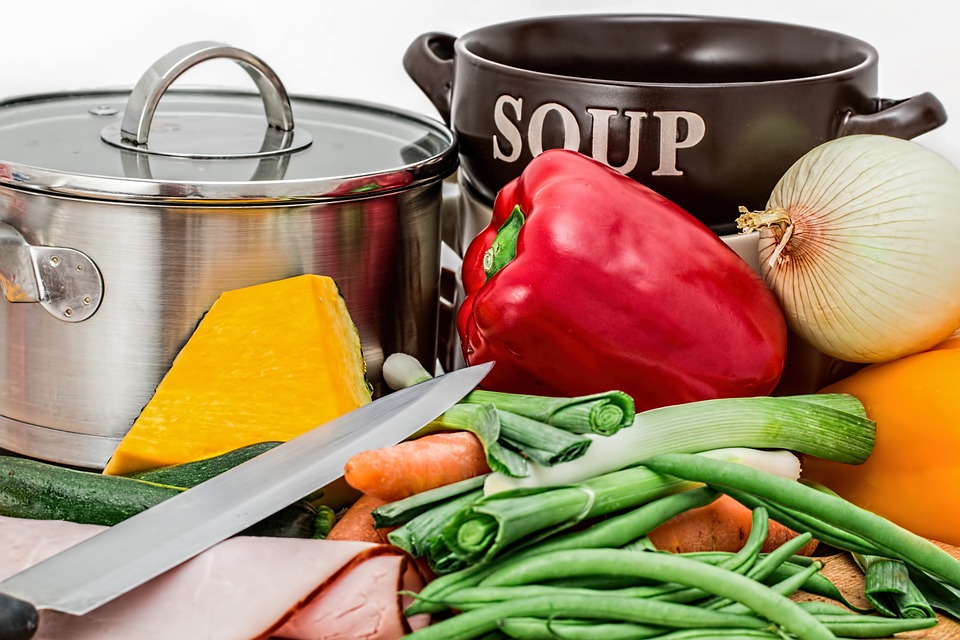Top 10 foods for eye health Leave a comment
Article from PharmEasy
Our eyes are windows to our soul. They are our gateway to the world. A very important organ, we often take it for granted that with increasing screen time, excessive reading and of course, not caring enough for the kind of food we eat. Yes, just like for skin, the heart, the brain, food plays an important role in eye care. Here are 10 best foods for your eyes:
Eat Red Peppers Raw
Red peppers or red bell peppers are rich in vitamin C. They are great for the blood vessels in the eyes and according to researchers, eating red bell peppers lower the risk of cataracts. Other vegetables rich in vitamin C are cauliflower, papaya, strawberries and Bok Choy. It is best to eat it raw as the heat breaks down the vitamin C. Other colours of peppers such as yellow, purple and green are rich in Vitamin A and E.
Eat Nuts and Sunflower Seeds
Eating seeds is currently trending and there is a good for it too. An ounce of sunflower seeds or even almonds have half the amount of required vitamin E required for human beings. It is said that vitamin E with other nutrients can help slow down macular degeneration from worsening. Nuts such as peanuts, hazelnuts and even peanut butter contain vitamin E.
Eat Dark, Leafy Green Veggies
Leafy green vegetables such as Kale or collard greens, spinach, fenugreek etc. are rich in Vitamin C and E. They also contain carotenoids lutein and zeaxanthin. They provide plant-based form of Vitamin A and lower the risk of eye diseases such as cataracts and AMD.
Eat Salmon
Our retinas need Omega-3 fatty acids for the right functioning – DHA and EPA. These fatty acids can be found in fishes such as trout, tuna and of course salmon. Hence, salmon is a must in the diet. Omega-3 fatty acids keep glaucoma and AMD at bay. If one has low levels of these fatty acids, they may suffer from dry eyes.
Eat Sweet Potatoes
Fruits and vegetables such as carrots, sweet potatoes, mangoes, cantaloupes, apricots etc. are orange-in colour and are rich in beta-carotene. Beta-carotene is a rich form of vitamin A which helps to improve night vision and the eyes’ ability to adjust to darkness. Also, a single sweet potato has enough vitamin C and vitamin E for a person for a day.
Eat Lean Meat and Poultry
Seafood like Oysters contain a lot of zinc and zinc is responsible for bringing vitamin A from the liver to the retina. This zinc then forms a protective pigment melanin. But if one cannot eat Oysters, they can indulge in chicken breasts, pork or beef.
Eat Legumes and Beans
For those who prefer a vegetarian diet, their high-fiber and low-fat options help to keep the vision sharp and even slow AMD. Black-eyed peas, lentils or dals, rajma, chouli, chickpeas etc. are high in zinc.
Eat Eggs Daily
Eggs should be an integral part of one’s diet as it contains zinc. The zinc in the eggs helps the body to utilize the zeaxanthin and lutein from the yolk. The yellowish orange colour of the yolks helps to block retina damage from the harmful blue light. Eggs also boost the forming of protective pigment in the macula part of the eyes.
Eat Squash
Agreed, squash is a not a favourite vegetable but because our bodies cannot create zeaxanthin and lutein, squash is our source for it. Squash also contains Vitamin A and vitamin C as well as Omega-3 fatty acids.
Eat Broccoli and Brussel Sprouts
These related veggies come with another winning combination of nutrients: vitamin A (as lutein, zeaxanthin, and beta-carotene), vitamin C, and vitamin E. They’re all antioxidants that protect the cells in your eyes from free radicals, a type of unstable molecule that breaks down healthy tissue. Your retinas are especially vulnerable.

